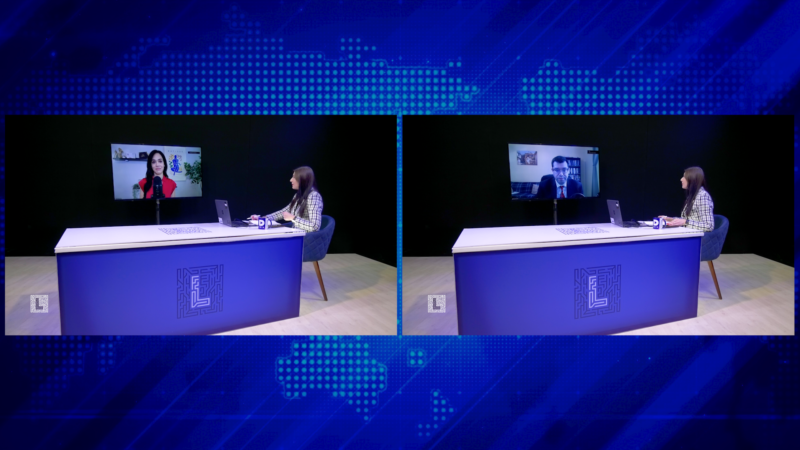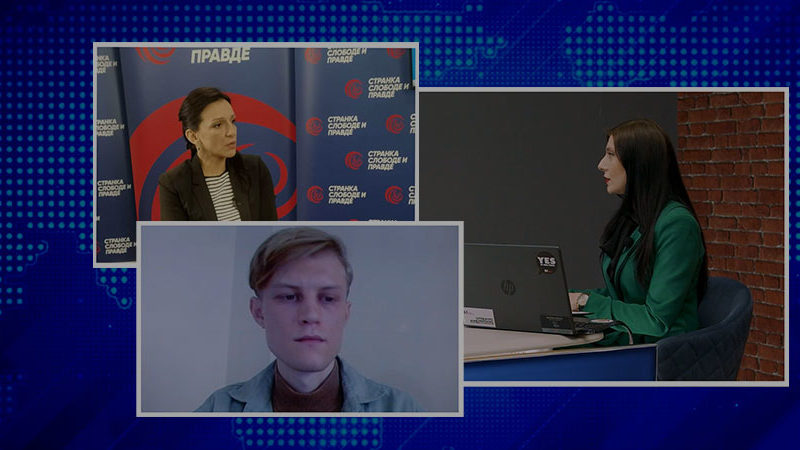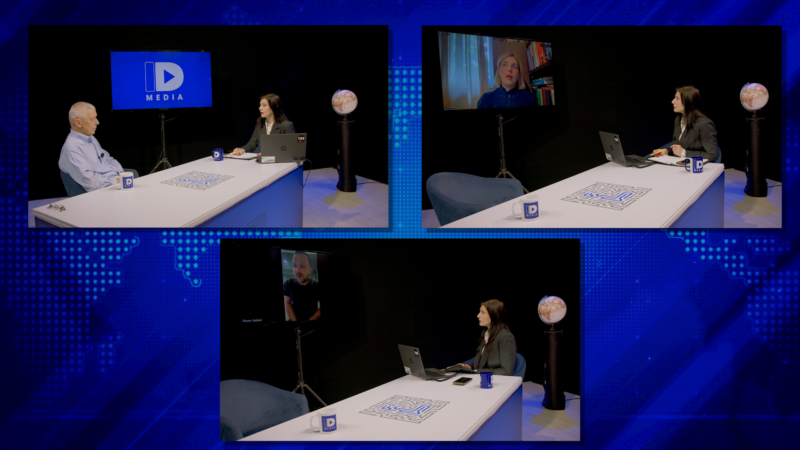Interview with the Director of GIZ for North Macedonia, David Oberhuber
For underdeveloped or less developed countries, financial support from the international community is extremely important. After the major changes that have occurred in the United States, which have affected the civil society sector, part of the media, as well as state institutions, the question arises whether other countries will follow the same example. Specifically, today we are discussing whether Germany will maintain its current policy of helping the underdeveloped. We are discussing this with the Director of the German International Cooperation Agency GIZ, David Oberhuber.
You Might also like
-
Trump returns to the Oval Office – Will he stop the wars as he promised?
The Americans have spoken - a triple victory for the Republicans.
The Americans have declared, they are returning Trump to the White House. Labyrinth with appearances from Tampa, Florida and Cincinnati, Ohio analyzed how the new President came to this victory and how that election will affect global geopolitics. Jalyssa Dugrot, a journalist from Florida reports about the atmosphere there. We analyze Trump's future steps on the world political stage with Professor Ivan Dinev from the University of Cincinnati.
Watch the full episode.
Post Views: 865 -
Elections or just a voting process?
Српската опозиција бара помош од ЕУ, а Русите ја напуштаат државата за да се спасат од мобилизација.
-
Macedonia got a new President - Eastern European countries are fighting for democracy
Analysis of Macedonian diplomacy, Callings from Georgia and Ukraine on the situation with the protests and the war.
The first guest in this edition of Labyrinth is the former Ambassador of Macedonia to Sweden and Romania, Tihomir Ilievski. We talked about the oath taken by the new President and the reactions it caused among our neighbors. Despite the reactions and difficulties in bilateral relations, the diplomat is still optimistic about the European integration of Macedonia, as well as about the normalization of relations in the entire Balkans.
In Georgia, massive civil protests are taking place over the law on "foreign agents" which moves the country away from the European path, but also seriously threatens the livelihood and freedom of Georgian citizens. From Tbilisi, we were joined by Ekaterine Basilaia - director of the Center for Media and Social Research of Georgia, who explained in more detail what this law is and why so many people took to the streets. We discussed the use of excessive force by the police in arresting peaceful protesters and the legal fight to protect those detained.
In Labyrinth, we also included the volunteer in the Ukrainian Territorial Defense Forces, Volodymyr Sapekhin. Volodymyr has been going to the fronts and back for more than two years. We talked about the current situation on the fronts, about the progress of Russian forces in the Kharkiv region, but also about his personal feelings about the two realities he lives in.
Post Views: 1,909





